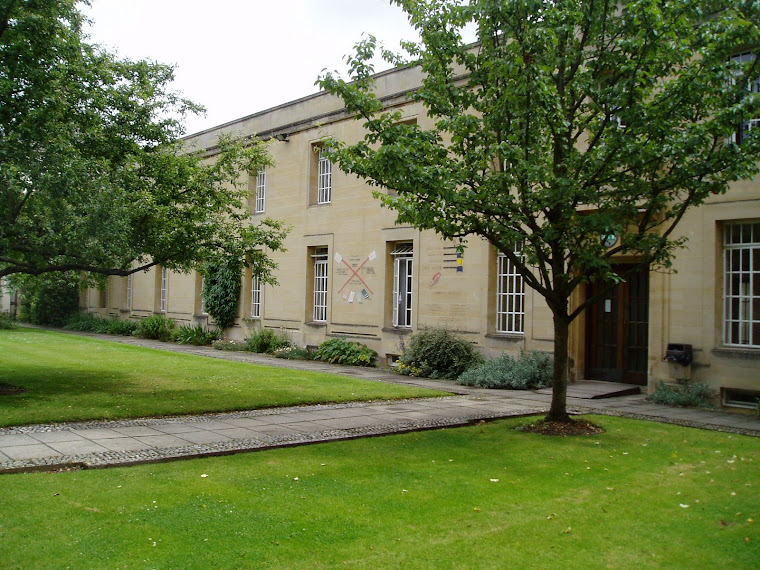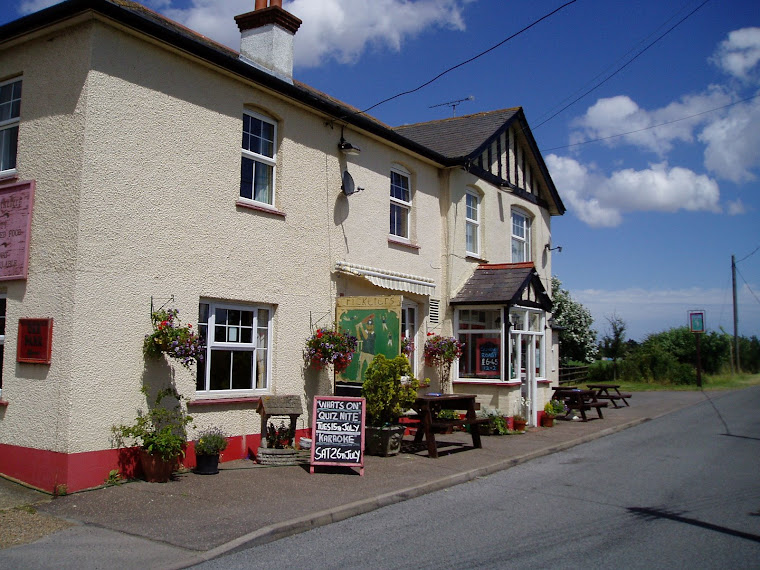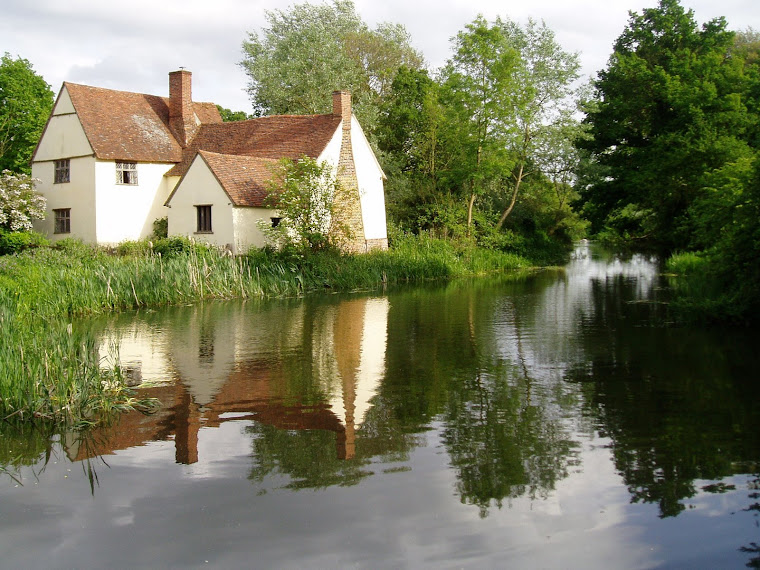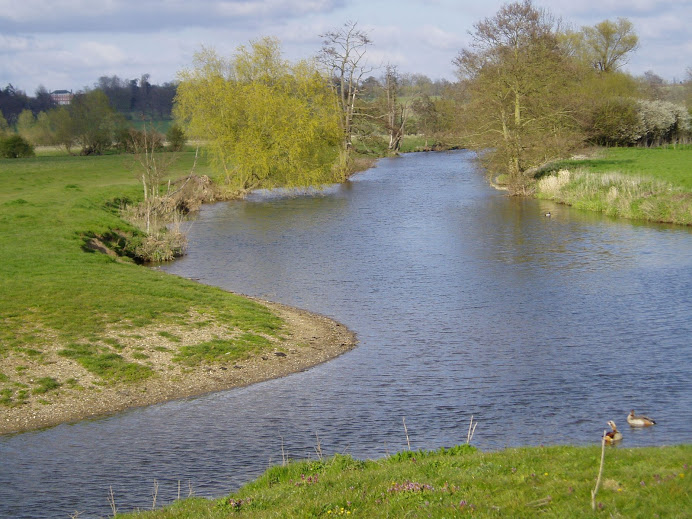I often hear about the oppression of people in the world and in the past. There are talks I hear on YouTube and videos about enslavement, wicked wars, injustice and ill treatment of minorities.
I have read books on Black Theology, Liberation Theology, Marxist philosophy, Class warfare and Libertarianism. In these books oppression and injustice are common themes. There is the saying that man is born free but everywhere he is in chains. There is talk of wage slavery and oppressive employment practise, talk of human trafficking and unethical demands on employees in the workplace.
Now I do not deny and denigrate the trials, tribulations and the turmoil that black people have suffered in the UK and throughout what was the British Empire. I wish to mention oppression much closer to home: the oppression of the Welsh.
The Romans came with Anglo Saxons, the Sais, to west Wales and stole the gold from the Dolaucothi mines, near Pumpsaint. These invaders knew of the precious metal in the hills. The local people were enslaved and were literally worked to death, enslaved, in the bowels of the earth to extract gold for the Romans and their Sais allies. The Welsh did not benefit from this industry then. And today who has Welsh gold among their treasures: the Royal Family, who are not Welsh.
The English benefitted from Welsh coal in South Wales, where workers rose very early and would sometimes walk over two miles to the coal face in miserable conditions, and they worked long and hard hours.
My late father in law worked at Ynsybwl Colliery for eight years of blood, sweat, toil, blue scars and a touch of pneumoconiosis. He was paid two shillings and sixpence for a wagon of coal. Hard conditions in a hard coal face: darkness, no toilets or canteen, no smoking and daily dangers. Death was not uncommon from mining disasters. One of his colleagues was sentenced to hard labour for dealing on the black market. At least he was no black leg, considered the worst offence in the valleys, when sex offenders were unknown. Actually the worse offence was removing another man's initials or mark on the coal wagon and putting their mark on it. Chapel culture prevailed and miners were men of honesty and integrity. When the bad boy returned to working in the pit, he said that hard labour in prison was a doddle after working in the mines. He had lie-in everyday, three square meals a day in daylight, toilets close by, clean clothes and good working conditions, and he could smoke when he liked.
The slate miners in north Wales around Blaunau Ffestiniog did not fare well. In some villages in the area life expectancy for miners was around 40 years of age. There were many very poor widows in Penmachno. The precious slate went all over the world and the miners went to early graves. There was much bitterness when locals looked at Penrhyn Castle and gardens, as it was a show of great wealth from the harsh labour and life of the local Welsh people, the impoverished working class. To some this whole Penrhyn estate was an abomination.
To be continued.
Lord's Day 28 September 2025
So the English stole Welsh gold, coal, slate and it could be argued also steel, water for sure and to cap it all, they stole their teachers! Baby boomers probably remember many Welsh teachers that there were in schools in England, particularly sports teachers who taught rugby. And how the Welsh in the the 1960s loved to see rampant rugby and the defeat of the English when Barry John, Gareth Edwards, JPR Williams et al played magnificently.
On the theft of Welsh water, well the Elan valley reservoirs provided water for the English Midlands and helped the industrial power of the Black Country. The English benefited enormously. Wales did not.
Back to the Welsh teachers, for they came out of a sad situation where employment opportunities, especially in south Wales were limited. There was the pit for boys, and teaching if you "got your matric". Girls could become nurses, a privilege few bank clerks, some shop girls and office typists.
Teaching was therefore a way out, an exit strategy, for the ambitious who were offered what seemed a generous grant and a place to study in very comfortable and pleasant places, far away from the grim, grey streets, the poverty and penury of pit villages. Colleges of Education and universities helped many Welsh students to become teachers, lecturers, well educated people helping a strong and vibrant English economy. Swinging sixties in England, particularly in London, attracted many Welsh young people. There was a significant London Welsh community, with the successful London Welsh Rugby Team. Quite a few turned up at Westminster Chapel to hear Dr D. Martyn Lloyd Jones preach on a Sunday morning and evening. Some would say the English stole their best preacher, that he should never have left south Wales. He could preach in Welsh and in English, in fact, like my mother in law, Welsh was his mother tongue. Several farmers from mid Wales came to England to open dairies and small shops. Like the coal and steel industries, dairy farming is not what it was at all. Milk is cheaper than trendy water. Something is seriously wrong with our economy.
Today Wales is wonderful, with free parking at hospitals, good education, plenty of places with pleasant people and little overpopulation, fabulous beaches, beautiful bays, comparatively low crime and social unrest. Let's hope that the English do not take that away. They have already started to dump people in some towns with cheap accommodation. Trust the English to muck things up.
Cymru am byth.

































































































































